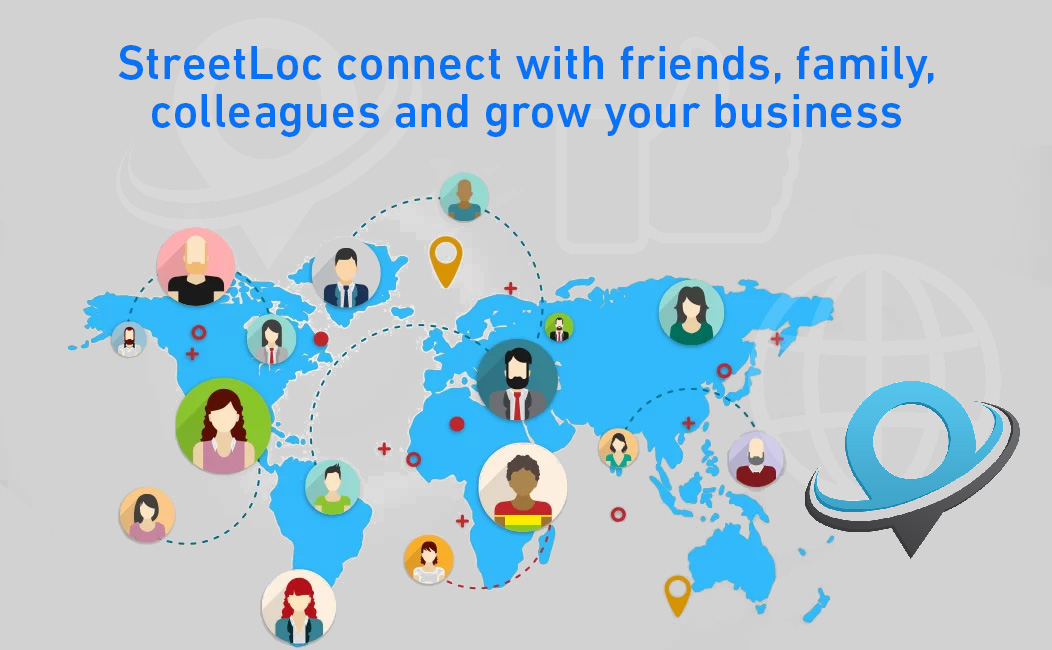- · 552 friends
-


A
 612 followers
612 followers
Apple Intelligence More Than a Failure - Its Horrendously BAD
Apple Intelligence is Horrendously BAD to the point of useless. It feels like Technology company Apple, has outsourced replies to an offshore call centre.
On the other hand Google Gemini is indeed amazing! It serves as an AI assistant that can assist with various tasks, including writing, planning, brainstorming, and more. Gemini is multimodal, meaning it can understand and interact with text, images, sound, video, and code, making it versatile for different applications. It integrates seamlessly with Google apps, allowing users to perform tasks without switching between applications. Additionally, Gemini can generate high-quality videos, create images, and even assist with coding, showcasing its capabilities in both creative and technical fields. Overall, Gemini is a powerful tool that enhances productivity and simplifies tasks across various platforms.
Apple Intelligence has faced significant criticism for its inaccuracies and limitations, leading many users to express dissatisfaction with its performance.
The combination of inaccurate outputs, user dissatisfaction, and the challenges Apple faces in the AI market has led to a growing perception that Apple Intelligence is not meeting the needs of its users.
Apple Intelligence, despite its branding and marketing, is widely regarded as falling short of true AI intelligence for several fundamental reasons:
1. Limited Model Scale and Capability
- Apple’s AI models are smaller and primarily on-device, limiting their ability to perform advanced reasoning, creativity, or multi-modal tasks.
- Competitors like Google Gemini and OpenAI’s models operate at much larger scales with millions of parameters, enabling superior contextual understanding, language reasoning, and generative capabilities.
2. Data Constraints from Privacy Policies
- Apple maintains a strict privacy-first approach, restricting access to extensive datasets.
- True AI intelligence typically requires massive, diverse data for training, allowing models to generalize and infer beyond narrowly defined tasks.
- Apple's limitation in data intake restricts the models’ learning potential, leading to comparatively shallow intelligence.
3. Lack of Proprietary AI Ecosystem
- Apple historically treated AI as a feature within apps rather than a foundational platform.
- Gemini AI, backed by Google, benefits from native, system-level integration into Android and cloud services, effectively embedding intelligence throughout the OS ecosystem.
- Apple’s reliance on third-party AI (ChatGPT and others) for core functionalities further underscores the absence of fully in-house intelligent reasoning.
4. Unfinished and Overpromised Features
- Features like Siri’s advanced contextual understanding, full app integration, and real-time AI capabilities have been delayed or remain incomplete.
- Much of Apple Intelligence currently offers task-specific utilities (text rewriting, image generation, notification management) that are narrow AI tools, rather than general intelligence.
- Comparison with Gemini shows a clear performance gap: Gemini demonstrates more intuitive, multi-tasking behaviors and real-world problem-solving skills.
5. Strategic and Organizational Factors
- Talent departures, fragmented leadership, and cautious corporate culture have slowed AI innovationinternally.
- Apple's closed ecosystem approach limits collaborative experimentation, which is essential in advancing AI capabilities at the pace achieved by Google and OpenAI.
6. Consequence: Lag in the AI Space
- Gemini leads in real-world AI integration—multi-modal understanding, generative tasks, and extensive infrastructure support across Google Cloud and Android devices.
- Apple, in contrast, offers AI mainly as isolated enhancements inside select apps, constraining the perception and functional impact of its AI.
- Analysts conclude that Apple’s AI functions more as advanced tools for existing workflows, rather than demonstrating genuine intelligence or autonomous reasoning.
Conclusion
Apple Intelligence is not considered true intelligence because it lacks generalization, learning depth, and autonomous reasoning, relying instead on limited, tool-like implementations constrained by on-device computation and strict privacy rules. Its lag behind Gemini arises from:
- Late market entry
- Smaller, restricted in-house AI models
- Dependency on third-party models
- Incomplete feature rollout
- Cautious strategy emphasizing privacy over scale and speed
True AI leadership, exemplified by Gemini, requires integration, scale, and data reach—areas where Apple’s current approach has fallen short. The company is attempting to catch up, but its existing architecture, culture, and strategy inherently limit rapid AI advancement.

